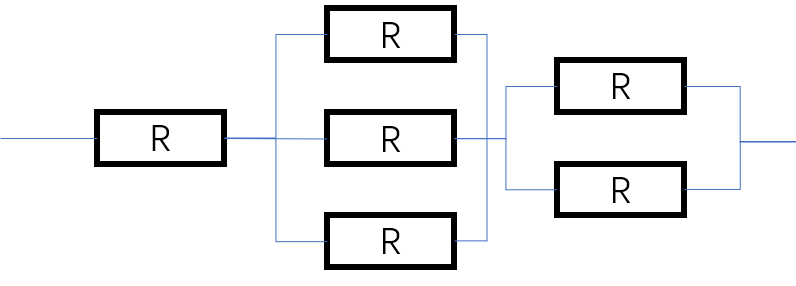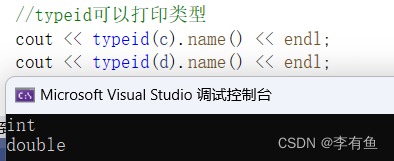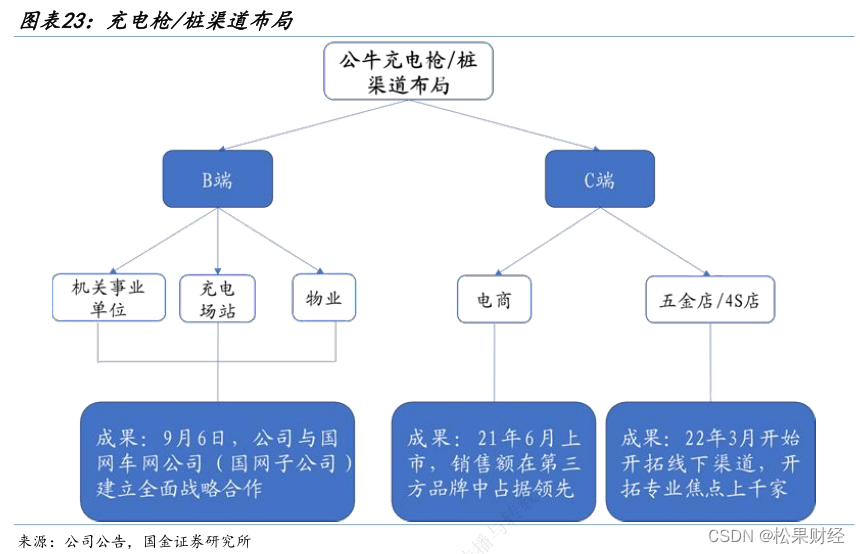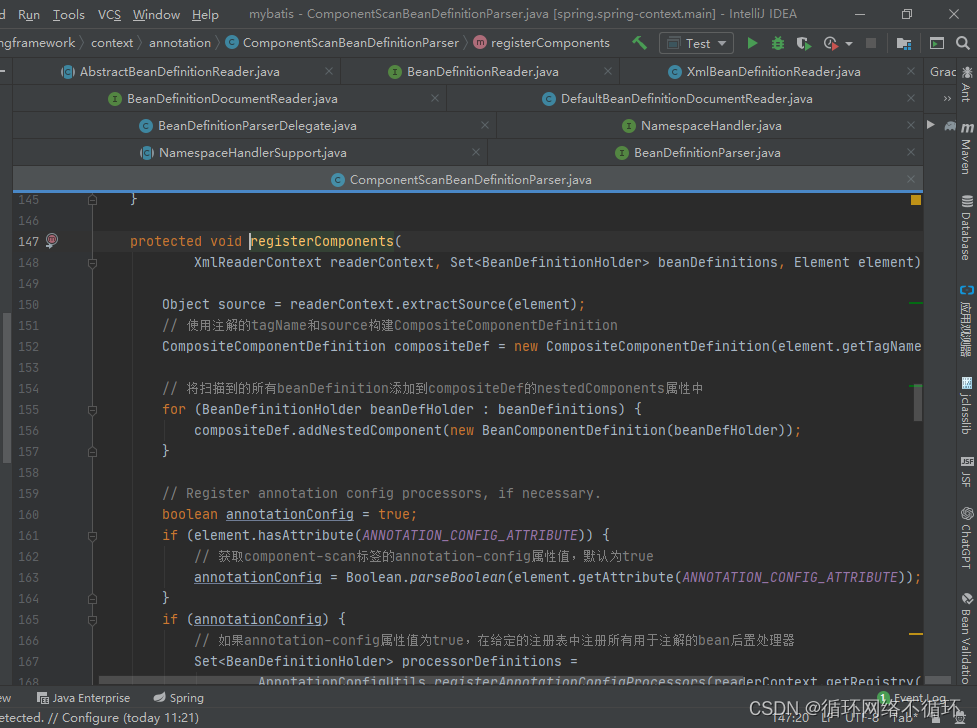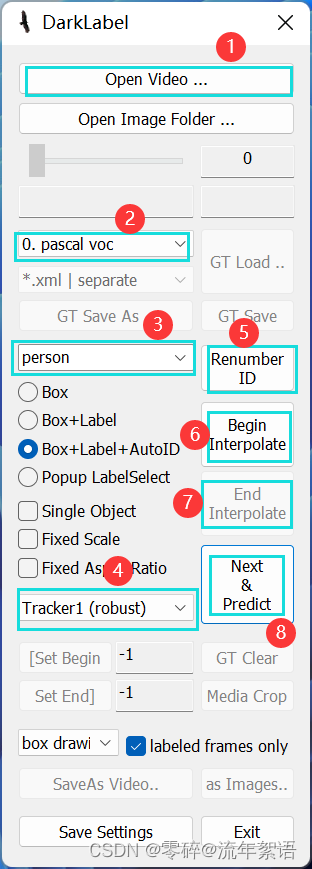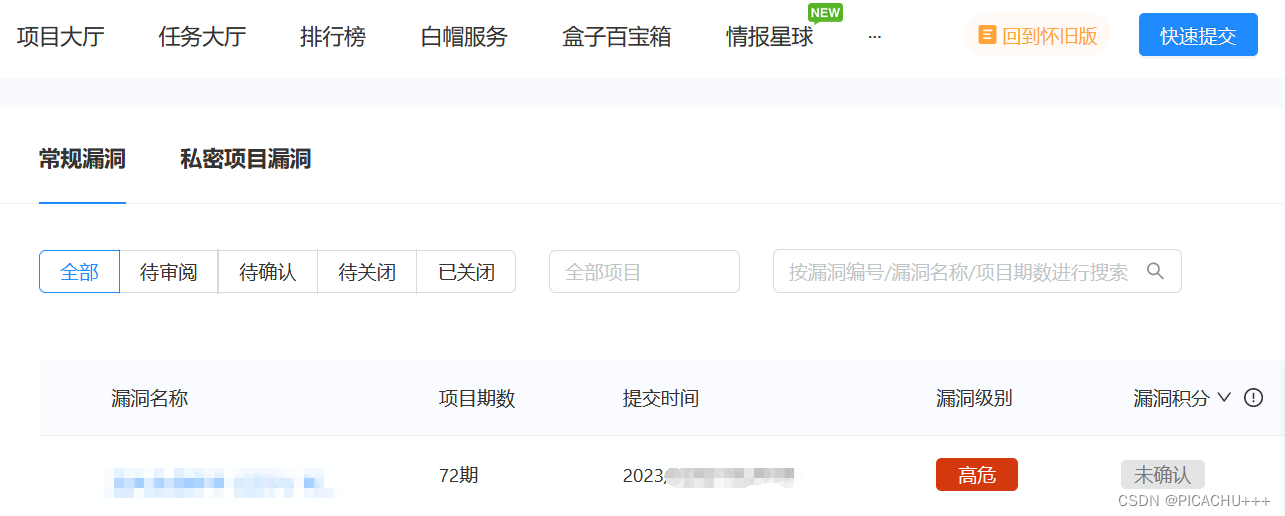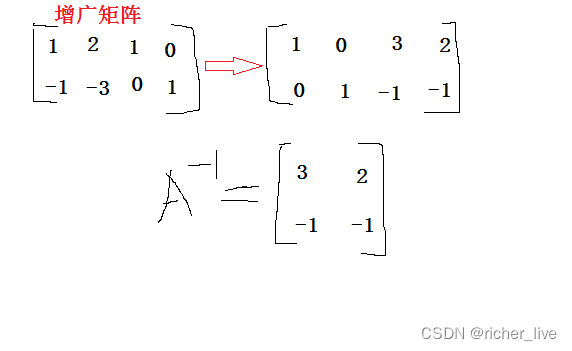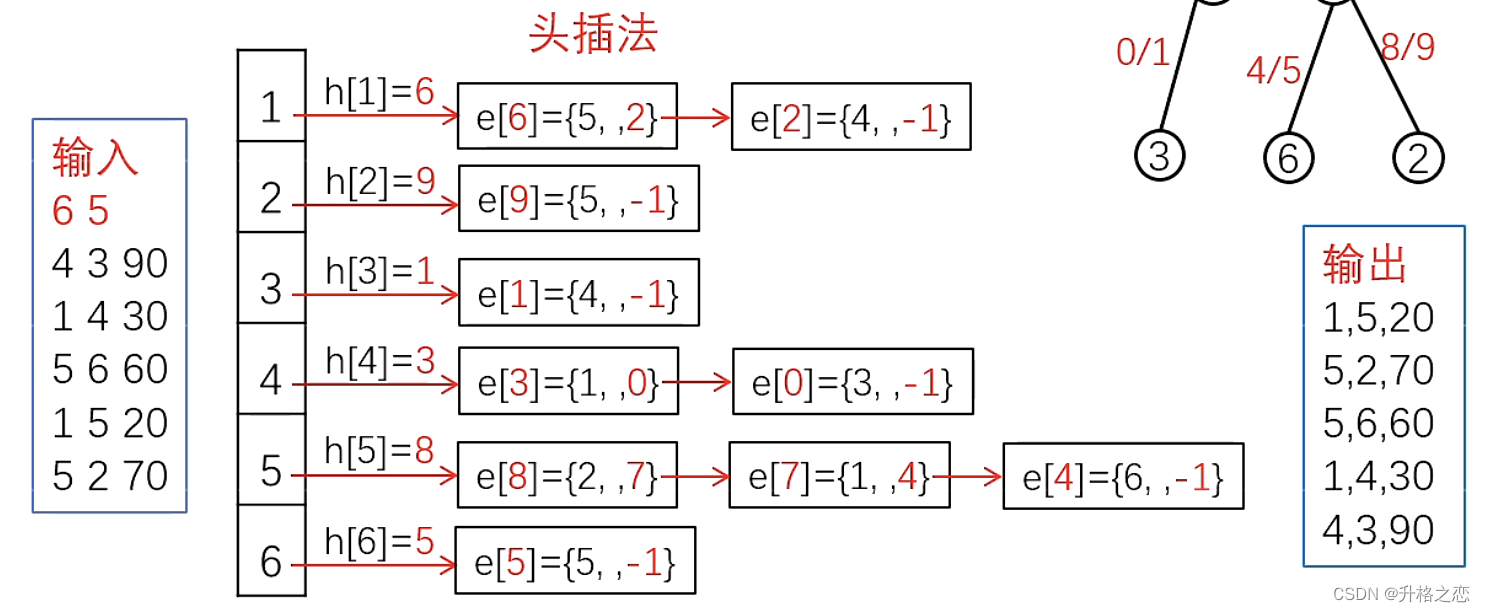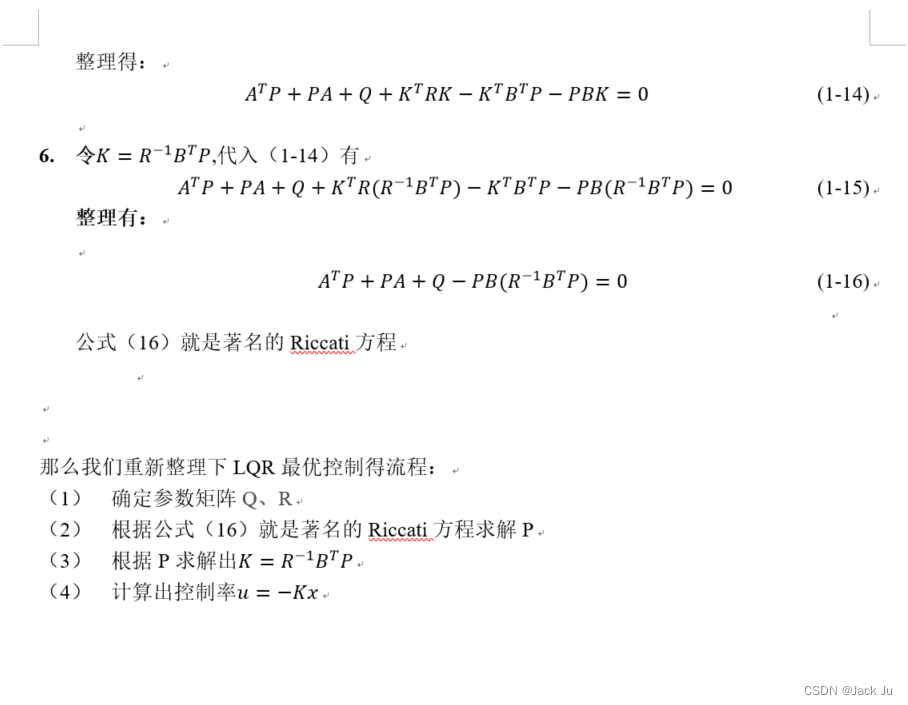有缘
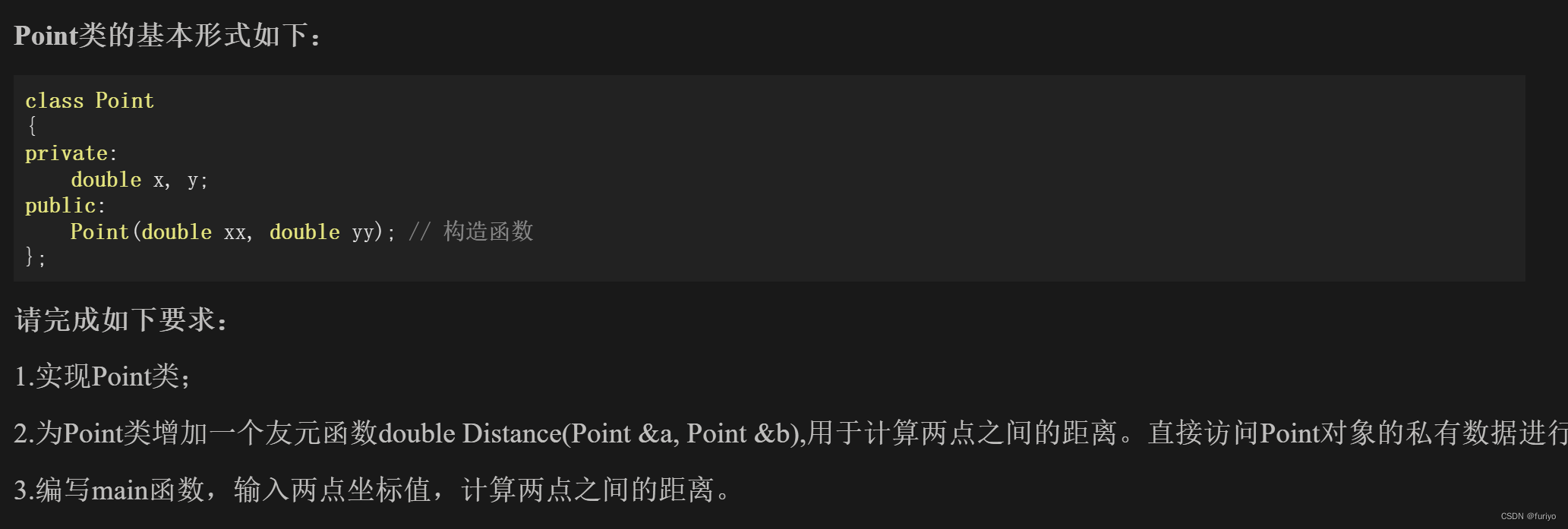
class Point {
private:
double x, y;
public:
Point(double xx, double yy) ;
friend double Distance(Point &a, Point &b);
};
Point::Point(double xx, double yy) {
x = xx;
y = yy;
}
double Distance(Point &a, Point &b) {
return sqrt(pow(a.x - b.x, 2) + pow(a.y - b.y, 2));
}
类的友元函数是定义在类外部,但有权访问类的所有私有(private)成员和保护(protected)成员。尽管友元函数的原型有在类的定义中出现过,但是友元函数并不是成员函数。
友元可以是一个函数,该函数被称为友元函数;友元也可以是一个类,该类被称为友元类,在这种情况下,整个类及其所有成员都是友元。
如果要声明函数为一个类的友元,需要在类定义中该函数原型前使用关键字 friend,如下所示:
class Box
{
double width;
public:
double length;
friend void printWidth( Box box );
void setWidth( double wid );
};声明类 ClassTwo 的所有成员函数作为类 ClassOne 的友元,需要在类 ClassOne 的定义中放置如下声明:
friend class ClassTwo;实例
class Box{
double width;
public:
friend void printWidth( Box box );
void setWidth( double wid );
};
// 成员函数定义
void Box::setWidth( double wid )
{
width = wid;
}
// 请注意:printWidth() 不是任何类的成员函数
void printWidth( Box box )
{
/* 因为 printWidth() 是 Box 的友元,它可以直接访问该类的任何成员 */
cout << "Width of box : " << box.width <<endl;
}
// 程序的主函数
int main( ){
Box box;
// 使用成员函数设置宽度
box.setWidth(10.0);
// 使用友元函数输出宽度
printWidth( box );
return 0;
}当上面的代码被编译和执行时,它会产生下列结果:
Width of box : 10
我们可以使用 static 关键字来把类成员定义为静态的。当我们声明类的成员为静态时,这意味着无论创建多少个类的对象,静态成员都只有一个副本。
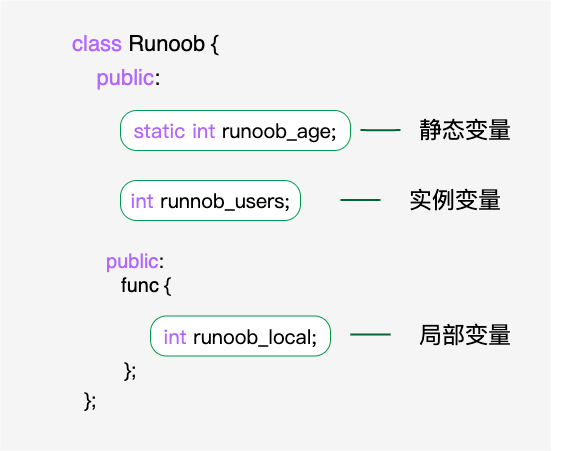
静态成员在类的所有对象中是共享的。如果不存在其他的初始化语句,在创建第一个对象时,所有的静态数据都会被初始化为零。我们不能把静态成员的初始化放置在类的定义中,但是可以在类的外部通过使用范围解析运算符 :: 来重新声明静态变量从而对它进行初始化,如下面的实例所示。
下面的实例有助于更好地理解静态成员数据的概念:
class Box
{
public:
static int objectCount;
// 构造函数定义
Box(double l=2.0, double b=2.0, double h=2.0)
{
cout <<"Constructor called." << endl;
length = l;
breadth = b;
height = h;
// 每次创建对象时增加 1
objectCount++;
}
double Volume()
{
return length * breadth * height;
}
private:
double length; // 长度
double breadth; // 宽度
double height; // 高度
};
// 初始化类 Box 的静态成员
int Box::objectCount = 0;
int main(void)
{
Box Box1(3.3, 1.2, 1.5); // 声明 box1
Box Box2(8.5, 6.0, 2.0); // 声明 box2
// 输出对象的总数
cout << "Total objects: " << Box::objectCount << endl;
return 0;
}
当上面的代码被编译和执行时,它会产生下列结果:
Constructor called.
Constructor called.
Total objects: 2如果把函数成员声明为静态的,就可以把函数与类的任何特定对象独立开来。静态成员函数即使在类对象不存在的情况下也能被调用,静态函数只要使用类名加范围解析运算符 :: 就可以访问。
静态成员函数只能访问静态成员数据、其他静态成员函数和类外部的其他函数。
静态成员函数有一个类范围,他们不能访问类的 this 指针。您可以使用静态成员函数来判断类的某些对象是否已被创建。
静态成员函数与普通成员函数的区别:
- 静态成员函数没有 this 指针,只能访问静态成员(包括静态成员变量和静态成员函数)。
- 普通成员函数有 this 指针,可以访问类中的任意成员;而静态成员函数没有 this 指针。
class Box
{
public:
static int objectCount;
// 构造函数定义
Box(double l=2.0, double b=2.0, double h=2.0)
{
cout <<"Constructor called." << endl;
length = l;
breadth = b;
height = h;
// 每次创建对象时增加 1
objectCount++;
}
double Volume()
{
return length * breadth * height;
}
static int getCount()
{
return objectCount;
}
private:
double length; // 长度
double breadth; // 宽度
double height; // 高度
};
// 初始化类 Box 的静态成员
int Box::objectCount = 0;
int main(void)
{
// 在创建对象之前输出对象的总数
cout << "Inital Stage Count: " << Box::getCount() << endl;
Box Box1(3.3, 1.2, 1.5); // 声明 box1
Box Box2(8.5, 6.0, 2.0); // 声明 box2
// 在创建对象之后输出对象的总数
cout << "Final Stage Count: " << Box::getCount() << endl;
return 0;
}
当上面的代码被编译和执行时,它会产生下列结果:
Inital Stage Count: 0
Constructor called.
Constructor called.
Final Stage Count: 21. 定义位置不同。静态成员属于类的一部分,定义在类内。友元函数是在类外定义的,通过友元声明使其成为类的友元。2. 访问权限不同。静态成员可以直接访问私有成员,它自身也具有类的访问权限。友元函数可以访问私有成员,但它自身的访问权限由定义它的作用域决定。3. 与对象的关系不同。静态成员属于类,和具体对象无关。友元函数是独立的函数,只是被授予了访问私有成员的权限。4. 继承不同。派生类会继承父类的静态成员,但不会继承父类的友元声明。5. 调用不同。静态成员用作用域运算符 :: 调用。友元函数直接调用。

class Account {
private:
static float count; // 账户总余额
static float interestRate;
string accno, accname;
float balance=0; // 账户余额
public:
Account(string ac, string na, float ba);
~Account();
void deposit(float amount); // 存款
void withdraw(float amount); // 取款
[[nodiscard]] float getBalance() const; // 获取账户余额
void show(); // 显示账户所有基本信息
static float getCount(); // 获取账户总余额
static void setInterestRate(float rate); // 设置利率
static float getInterestRate(); // 获取利率
friend void update(Account& a); // 友元函数,结息
Account();
};
float Account::count = 0;
float Account::interestRate = 0;
Account::Account(string ac, string na, float ba):
accno(std::move(ac)), accname(std::move(na)), balance(ba) {count++;}
Account::~Account() {
count--;
}
void Account::deposit(float amount) {//实现存款函数
balance += amount;
}
void Account::withdraw(float amount) {//实现取款函数
if (balance >= amount)
balance -= amount;
else
cout << "wrong" << endl;
}
float Account::getBalance() const {
return balance;
}
void Account::show() {
cout << accno << " " << accname << " "<< balance ;
}
float Account::getCount() {
return count;
}
void Account::setInterestRate(float rate) {
interestRate = rate;
}
float Account::getInterestRate() {
return interestRate;
}
void update(Account& a) {
a.balance += a.balance * Account::getInterestRate();
}
Account::Account() = default;
int main() {
float rate;
float amount;
int count;
cin >> rate >> count;
Account::setInterestRate(rate);
Account **p;
p = new Account *[count];
for (int i = 0; i < count; i++) {
string accno, accname;
float balance, deposit, withdraw;
cin >> accno >> accname >> balance >> deposit >> withdraw;
p[i] = new Account(accno, accname, balance);
p[i]->deposit(deposit);
p[i]->show();
update(*p[i]);
cout << " " << p[i]->getBalance() ;
p[i]->withdraw(withdraw);
cout <<" " <<p[i]->getBalance() << endl;
amount += p[i]->getBalance();
delete p[i];
}
cout << amount << endl;
delete[] p;
return 0;
}

